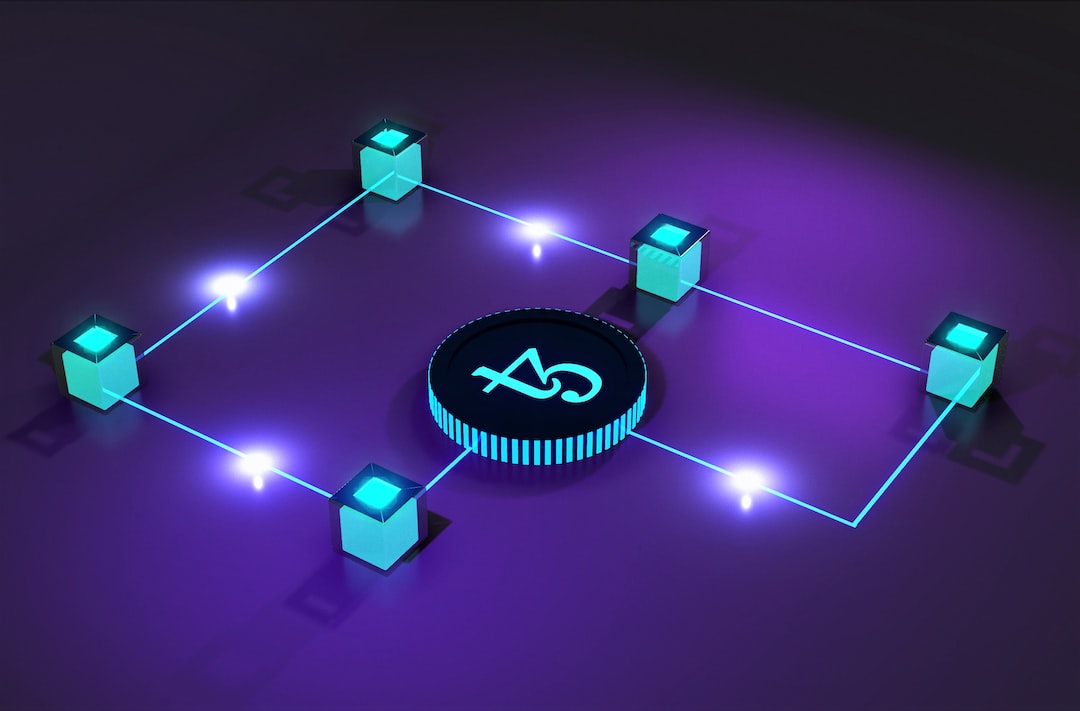Blockchain Technology Revolutionizing Digital Identity Verification in Brazil and Buenos Aires
As nations around the world seek more secure identification systems, Brazil and Buenos Aires are leading the way by adopting blockchain technology. This move promises to bring about a new era of digital identity verification that is secure, efficient, and streamlined for citizens.
Brazil’s Integration of Blockchain into National Identity Program
Brazil’s government has recently announced the integration of blockchain technology into its national identity program. The states of Rio de Janeiro, Goiás, and Paraná will be the pioneers in issuing identification documents using a blockchain system.
This initiative is being developed by Serpro, Brazil’s national data processing service. The president of Serpro, Alexandre Amorim, emphasized how the immutability and decentralization of blockchain technology protect personal data and prevent fraud. Additionally, this integration aims to strengthen data exchange between government departments.
Brazil’s Central Bank Digital Currency (CBDC)
In another significant move, Brazil has unveiled plans for its central bank digital currency (CBDC) called Drex. This demonstrates Brazil’s commitment to digital solutions for governance and finance.
Buenos Aires Merging Administrative Processes with Blockchain
Buenos Aires, the capital of Argentina, is also embracing blockchain technology by merging administrative processes with it. Starting from October, residents will be able to access identity documents through a digital wallet that includes birth certificates, marriage records, and academic verifications.
The technological backbone of this project is QuarkID, developed by Web3 firm Extrimian. It utilizes zkSync Era, an Ethereum scaling protocol that leverages zero-knowledge rollups.
Guillermo Villanueva, CEO of Extrimian, highlights the monumental significance of this development for Latin American governance and the potential to set a benchmark for integrating blockchain technology for public welfare.
Hot Take: Blockchain Empowering Secure and Efficient Digital Identity Verification
The adoption of blockchain technology in Brazil and Buenos Aires for digital identity verification is a significant step towards enhanced security, efficiency, and citizen empowerment. By leveraging the immutability and decentralization of blockchain, personal data can be protected, fraud can be prevented, and data exchange between government departments can be strengthened.
Furthermore, the introduction of Brazil’s central bank digital currency (CBDC) showcases the nation’s commitment to digital solutions for better governance and finance. Buenos Aires’ merger of administrative processes with blockchain also sets an example for other regions to follow in integrating this technology for public welfare. The future of digital identity verification looks promising as blockchain continues to revolutionize systems around the world.





 By
By
 By
By
 By
By

 By
By
 By
By